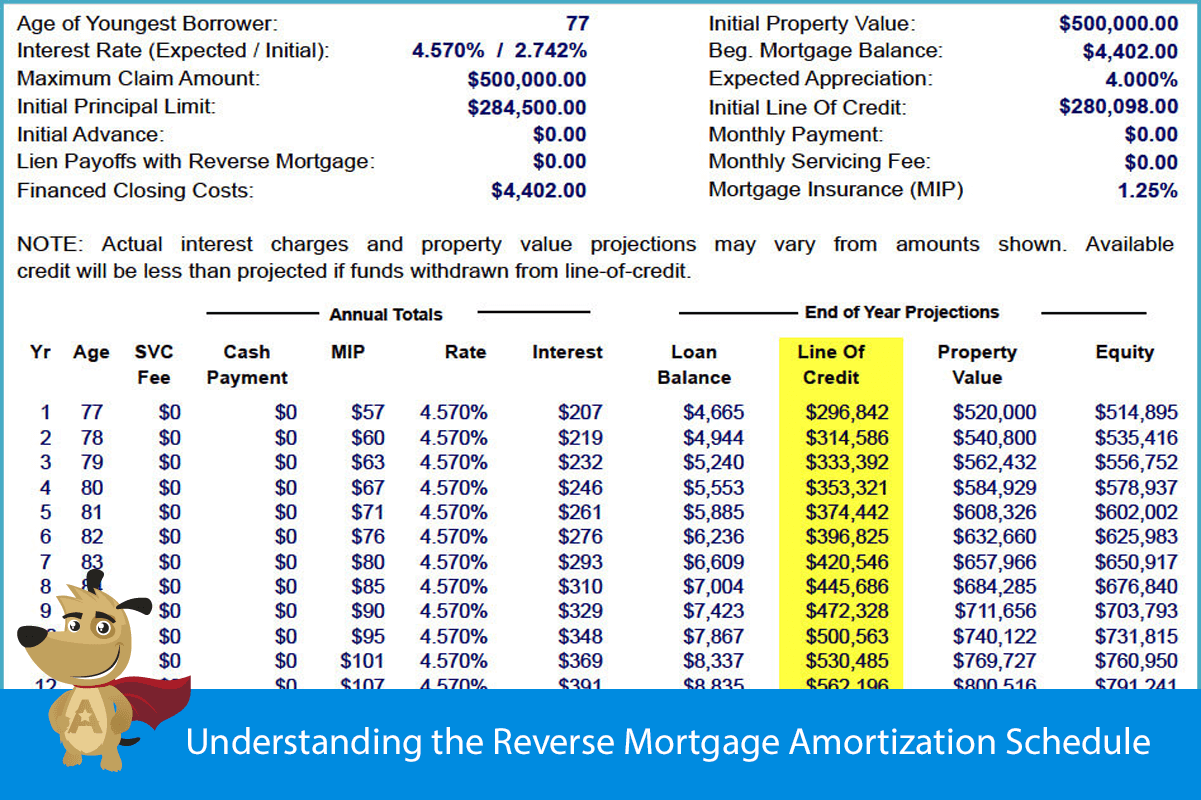A larger down payment on a conventional loan will also accelerate the process of reaching 80% on your loan-to-value (LTV) ratio, which is the percentage of how much you still owe on your home loan - what are interest rates today on mortgages. You can stop paying home loan insurance coverage once the money you've paid towards your home, consisting of the deposit, reaches 20% of your house's value, or 80% LTV which minimizes your regular monthly payments.
If you wish to make a 20% deposit to avoid being struck with home loan insurance costs, you can approximate just how much house you can pay for by increasing your savings by five. For instance, if you had $34,000 in your cost savings the typical cost savings account balance in 2013 you could pay for to fund a $170,000 house without purchasing home loan insurance coverage.
As such, it is very important that you factor these regular monthly costs into your budget when determining the amount of home mortgage debt you can pay for. Many very first time house buyers have a hard time to get authorized for home loans because they can't satisfy the normal 20% deposit minimums on the size of home they desire.
If either of these explains your circumstance, you might be able to lower your down payment through a federal government loan. Both the Federal Real Estate Administration (FHA) and the Veterans Administration (VA) run home mortgage programs for qualified Americans. how do i get rid of my timeshare Novice house buyers with little credit rating or a bad credit profile might consider looking for an FHA home loan instead of a standard loan.
Customers with bad credit also tend to get greater interest rates, which can dramatically increase your monthly mortgage payment. However, FHA loans are likewise an excellent option if your credit rating is above 580 however you desire to make a smaller sized down payment than allowed by a conventional lender. Just like other types of debt funding, you're more than likely to be approved for a cost effective loan if you have actually developed a strong credit profile and have healthy savings.
Another method that lots of states have begun using are. It's possible to pay a low down payment on a standard loan if you have exceptional credit, however the majority of banks require a deposit of 5% or more for the average customer. Government-backed FHA home mortgages, which have a 3. 5% minimum down payment, can be a more economical option for those looking for a smaller up-front cost though, as pointed out above, all FHA customers need to pay regular monthly insurance coverage expenses for the life of the loan.
The added MIP or PMI fee can be a pricy long term expense and may negate the monetary benefit of making a low deposit. Offered the big expense of purchasing a home, it's most advisable to conserve sufficient money to make a 20% down payment and avoid spending for insurance coverage, particularly if you anticipate your budget plan to be tight in the coming years.
Who Took Over Washington Mutual Mortgages Things To Know Before You Get This

Your deposit plays an important role when you're buying a house. A down payment is a percentage of your home's purchase rate that you pay up front timeshare lawyers near me when you close your house loan. Lenders typically take a look at the deposit amount as your investment in the home. Not just will it impact how much you'll require to borrow, it can also affect: Whether your lender will need you to pay for personal mortgage insurance coverage (PMI).
Your rate of interest. Because your down payment represents your financial investment in the house, your loan provider will often provide you a lower rate if you can make a higher deposit. So just how much of a deposit will you require to make? That depends on the purchase cost of your home and your loan program.

The amount of your deposit assists give your loan provider the loan-to-value ratio (LTV) of the property. LTV is one of the primary aspects in addition to debt-to-income-ratio and credit report that a lending institution thinks about when choosing whether to extend you credit. Your loan-to-value ratio indicates how much you will owe on the home after your deposit, and is revealed as a percentage that reveals the ratio between your house's unpaid principal and its evaluated worth.
Here's the formula: Loan amount appraisal worth or purchase price (whichever is less) = loan-to-value (LTV) The home you want to purchase has an appraised value of $205,000, but $200,000 is the purchase priceThe bank will base the loan quantity on the $200,000 figure, since it's the lower of the 2You have $40,000 for a down payment, so you need a $160,000 loan to satisfy the $200,000 purchase priceYour loan-to-value equation would appear like this: $160,000 $200,000 =.
80 by 100% and that gives you an LTV of 80% If your deposit is lower than 20%, your loan-to-value ratio for traditional financing will be greater than 80%. In that case, your loan provider might need you to pay personal home mortgage insurance coverage, because they're lending you more money to buy the home and increasing their possible risk of loss if the loan need to enter into default.
When you consider just how much to put down on your house, believe about your loan provider's requirements and what a higher or a lower deposit will mean for you. Is it worth it to you to pay private home mortgage insurance every month in order to get the other advantages of homeownership? Or would it make more sense for you to conserve for a larger down payment and avoid PMI, even if that implies waiting longer to buy a home? Knowing the financial effect of each choice can help you make your decision with confidence.
For newbie house buyers, the obstacle of developing a 20% home mortgage down payment is typically challenging sufficient to keep them out of the marketplace. But the 20% down payment is all but dead and has been for rather some time, especially for newbie purchasers. Get the answer to concerns about your home mortgage, travel, finances and preserving your peace of mind.
All about How Do Points Work In Mortgages
Due to the fact that outliers can skew an average, the informing figure for what other house buyers put down is the median down payment, suggesting half paid that much or above, and half paid that much or listed below. For newbie home buyers who funded the purchase, the average deposit was 7%, according to a 2018 survey by the National Association of Realtors.
" The other half still believe that they must have at least 20% down in order to get approved for a house mortgage." The minimum deposit for a house depends upon the type of loan and a loan provider's requirements. Here are the minimum down payment requirements for the most common types of loans.Conventional loans,which aren't guaranteed by the federal government, can have deposits as low as 3% for qualified purchasers. 5% down. FHA loans enable lower minimum credit report than traditional loans.VA loans for military service members and veterans, and USDA loans for certain rural and suburban buyers, generally require no down payment. VA loans are backed by the U.S. Department of Veterans Affairs, and USDA loans are ensured by the U.S.
